New World Summit
An artistic and political organization providing “alternative parliaments” to host organizations that are currently excluded from democracy
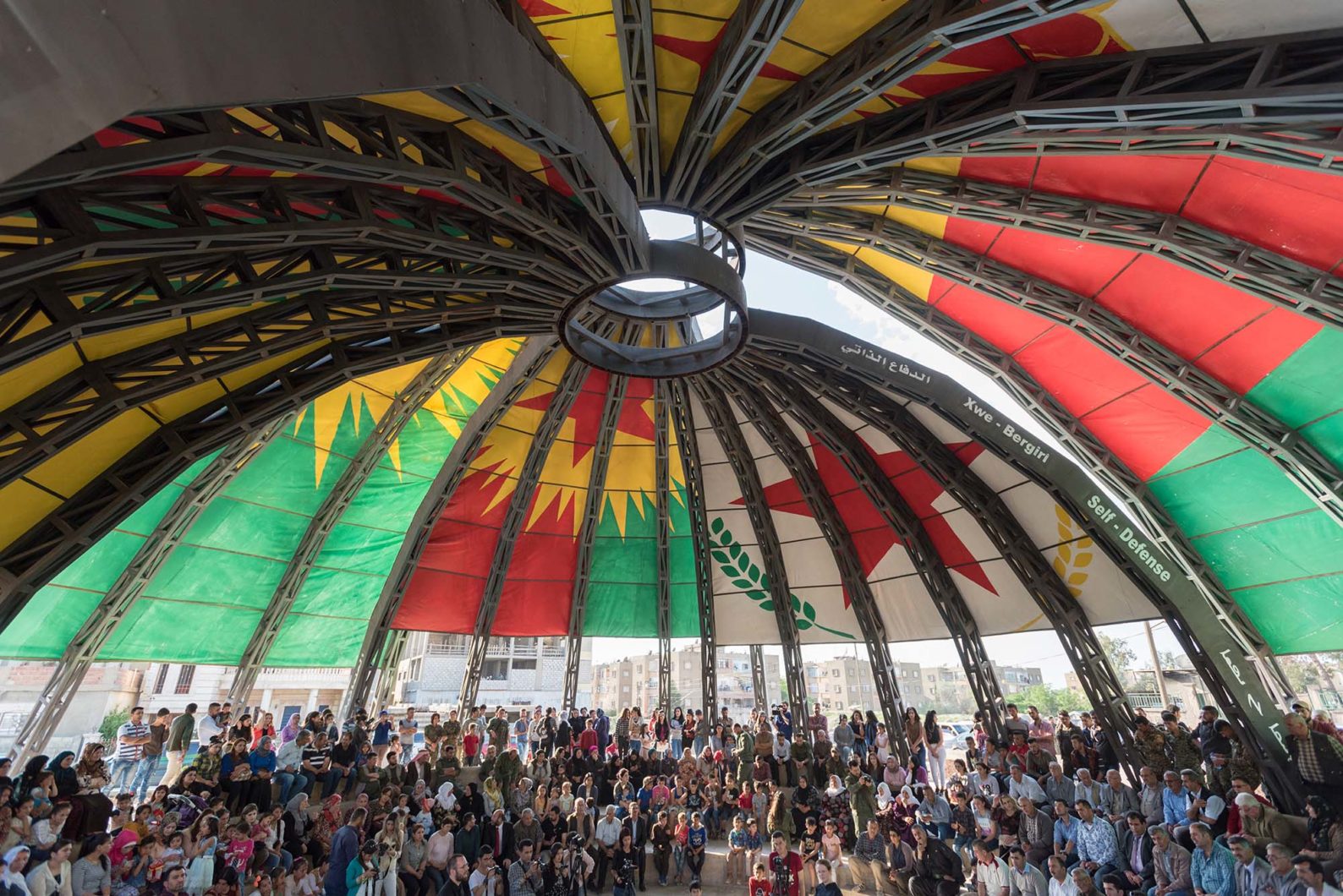
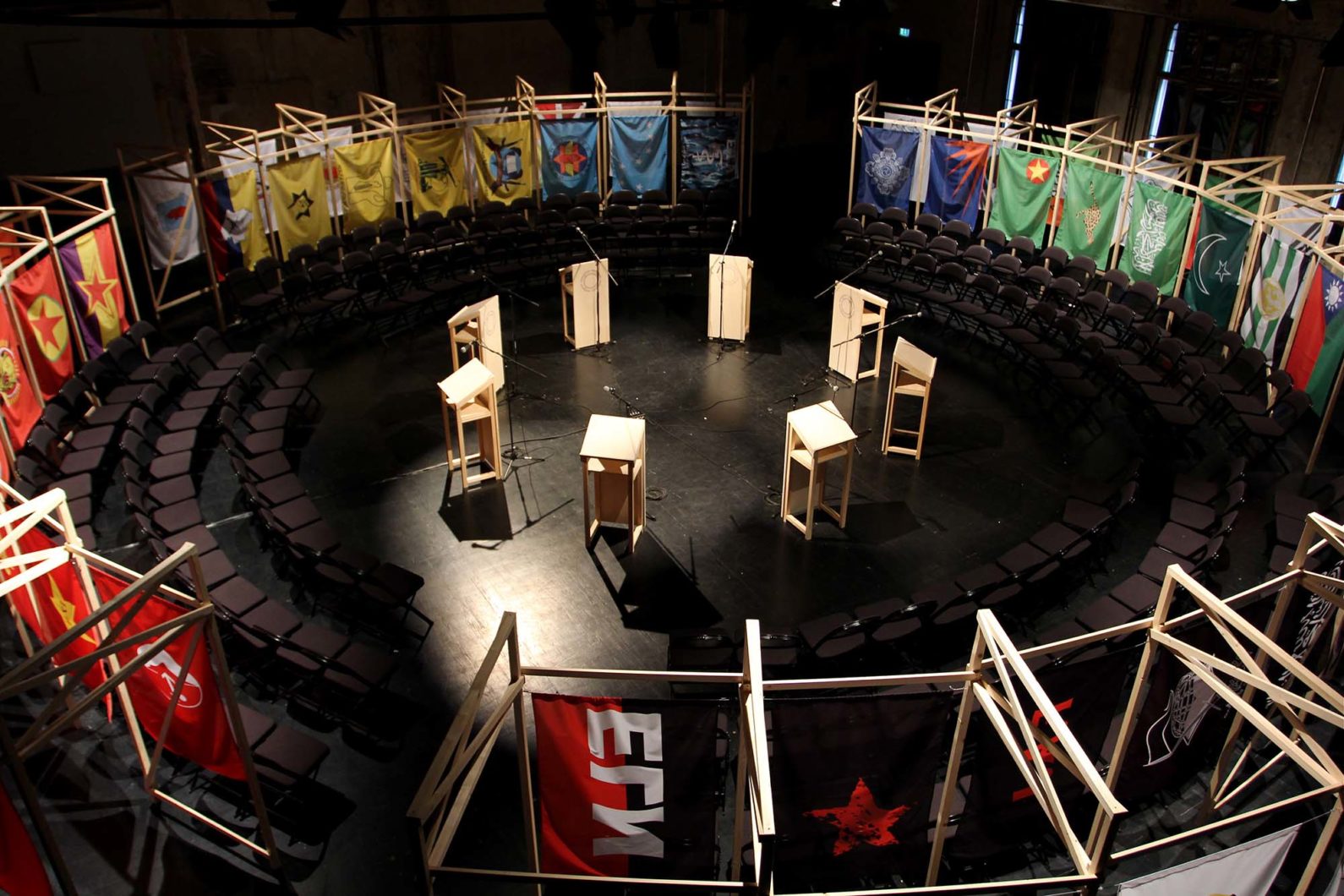
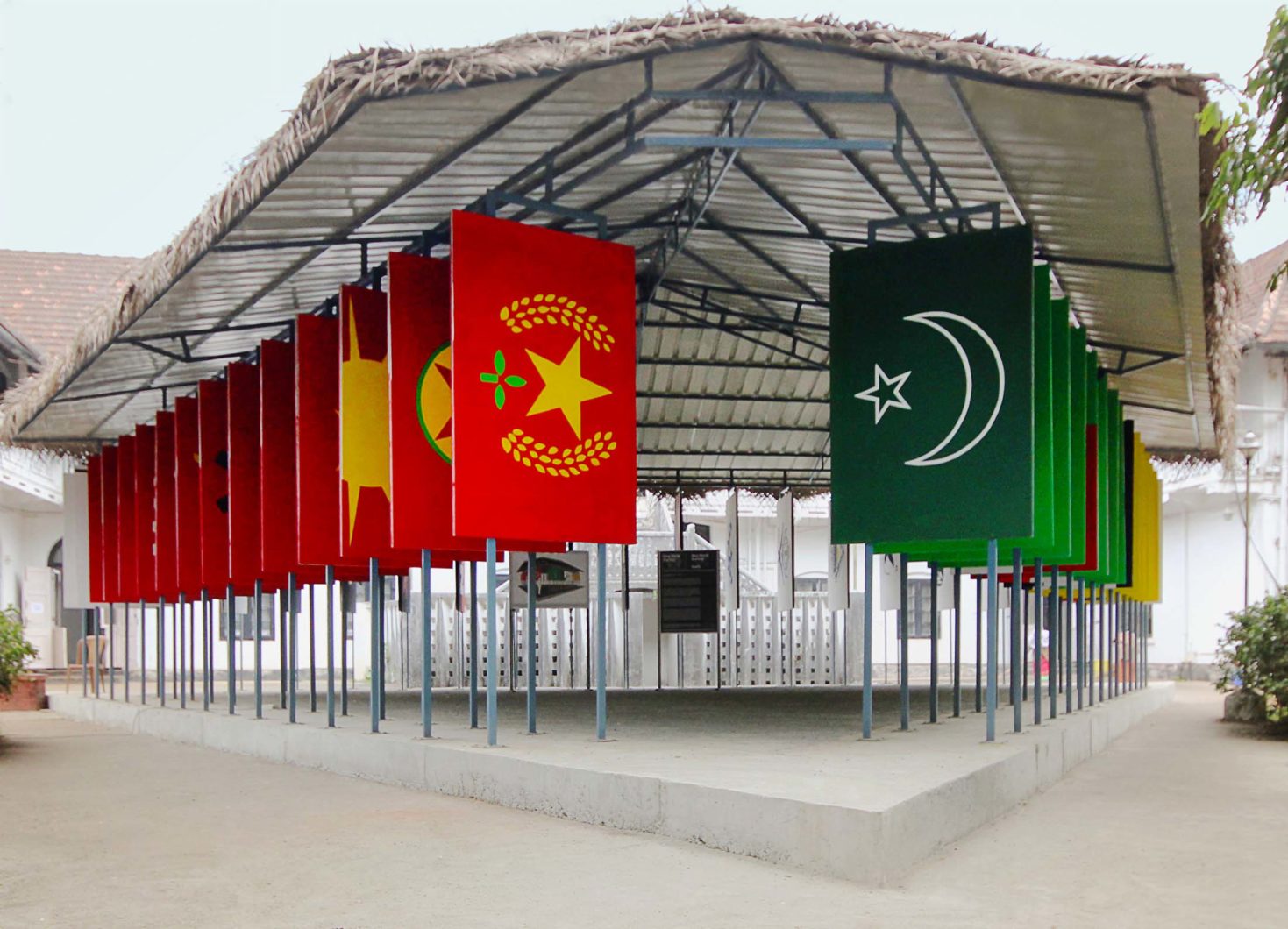
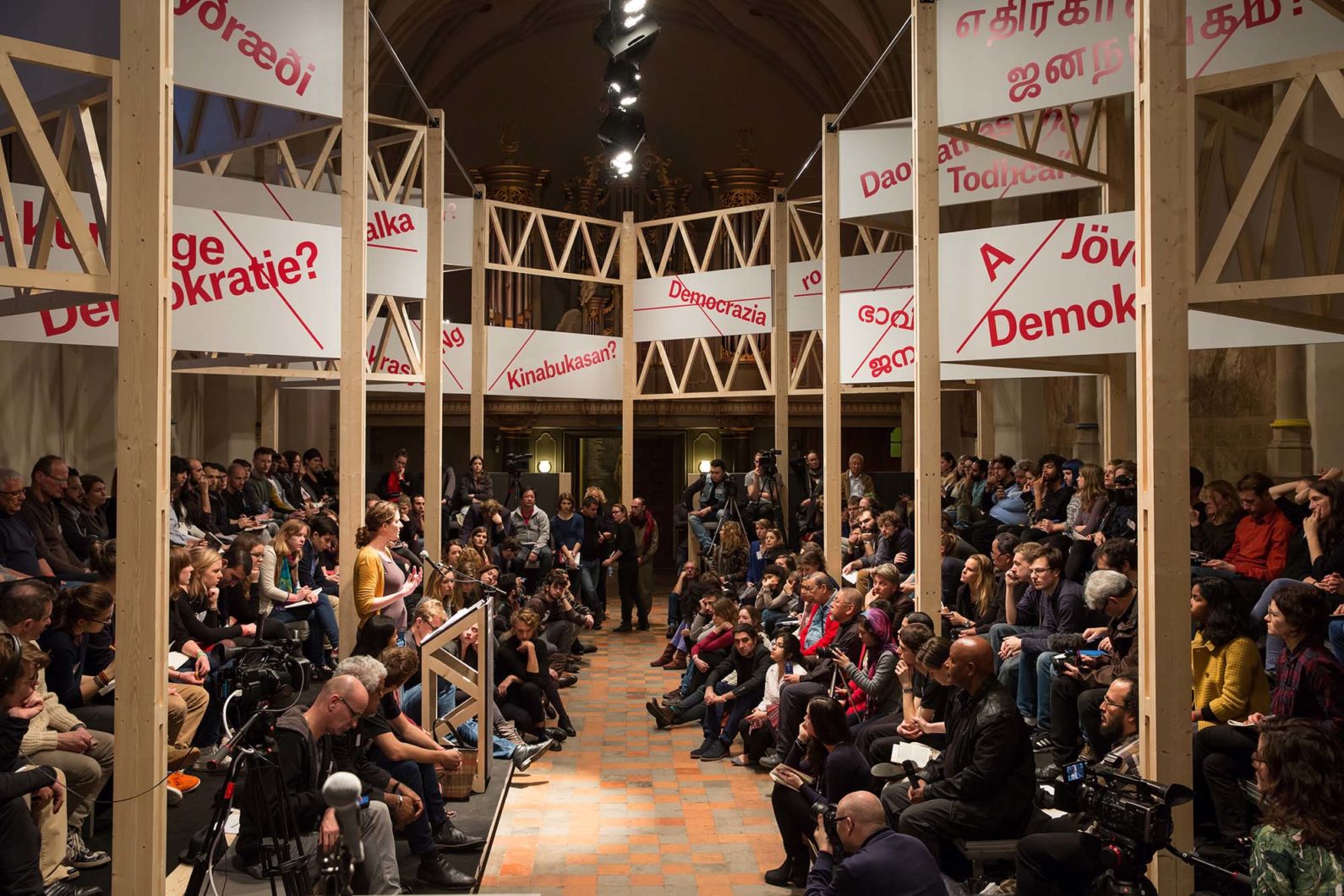
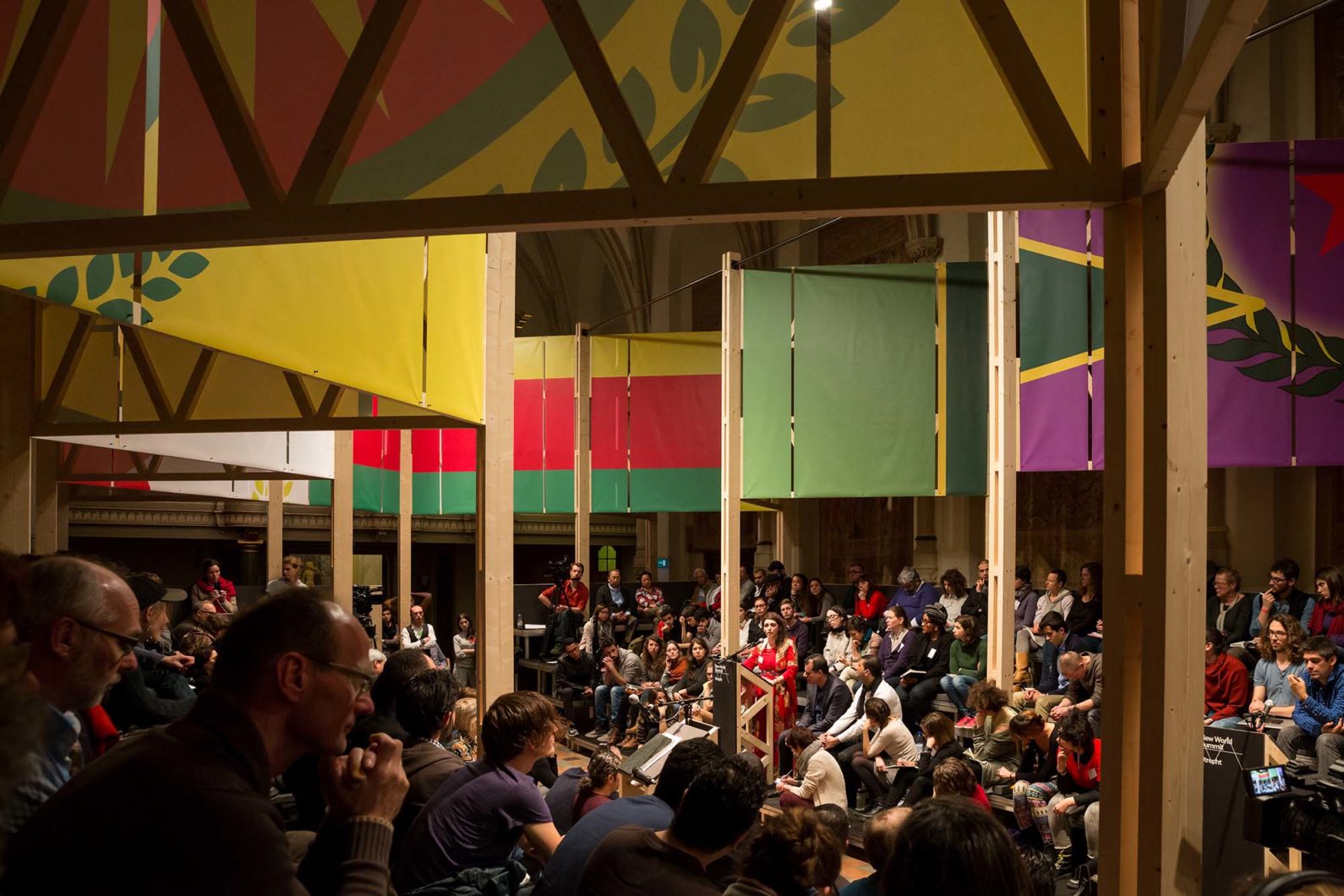
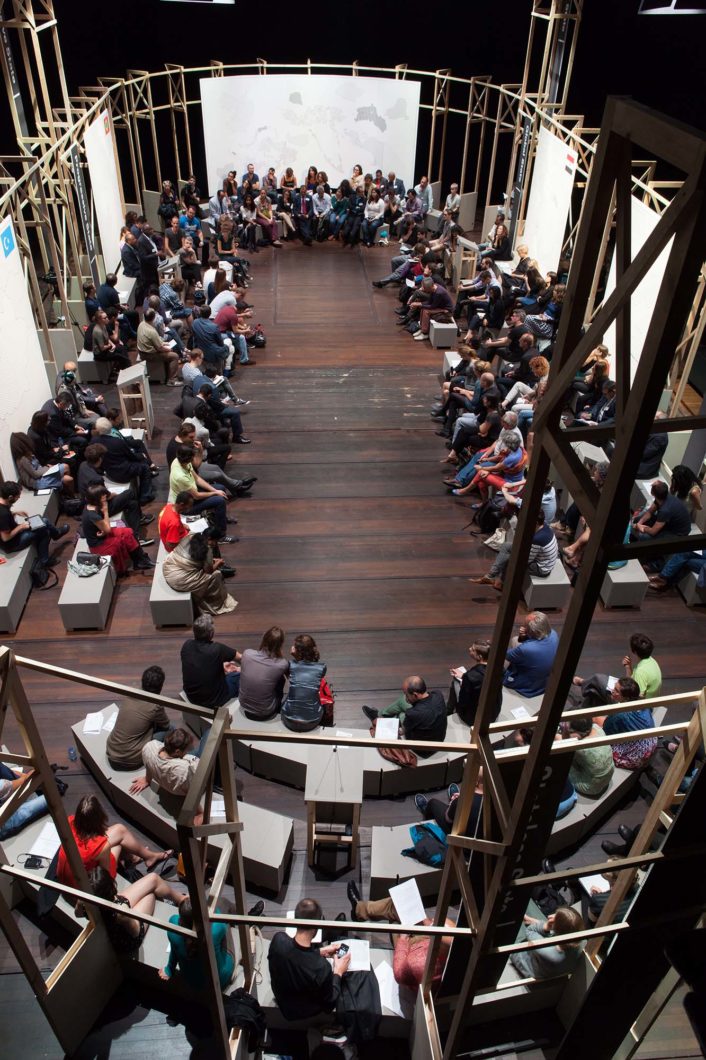
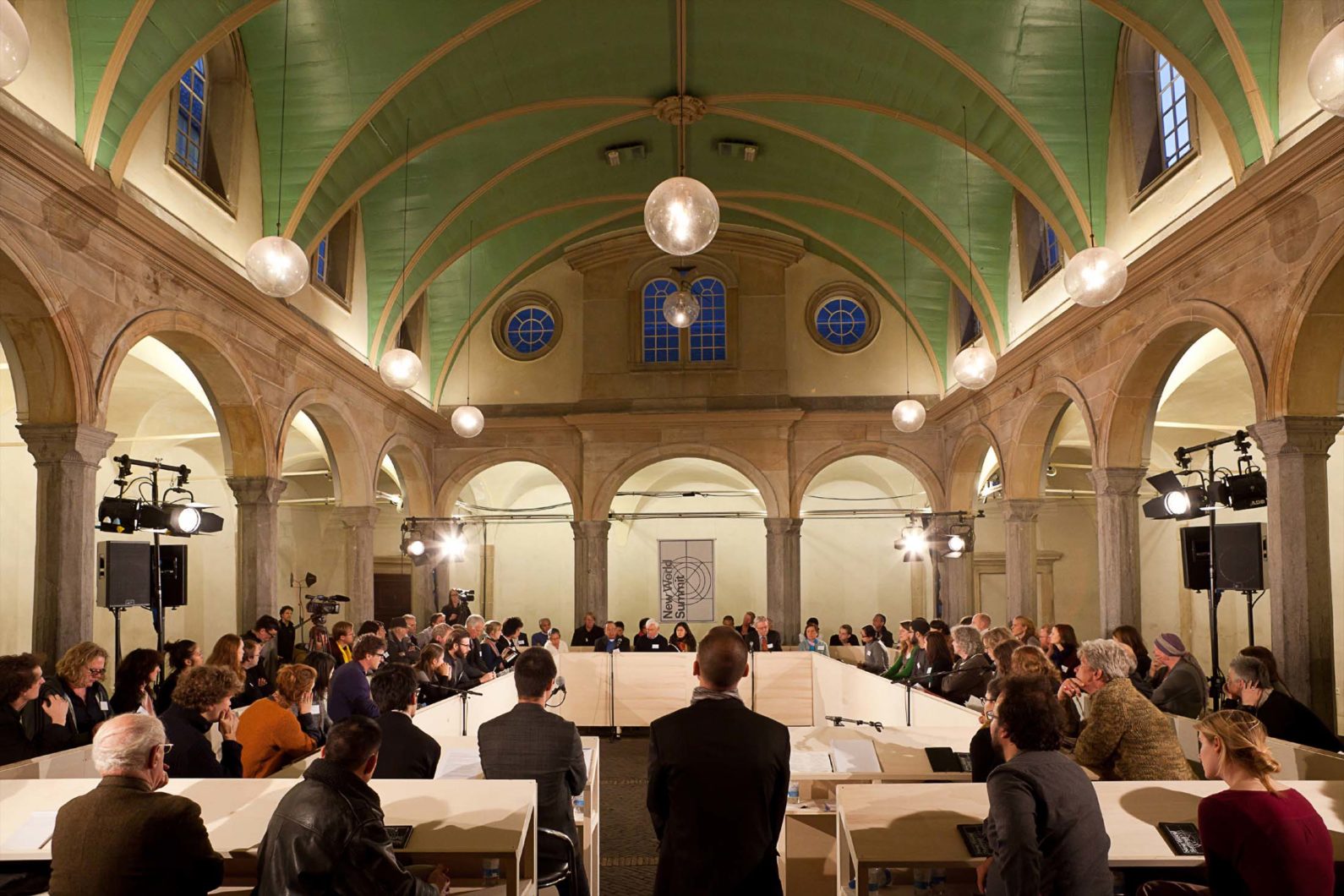
Initiator(s)
Jonas Staal
Description
The New World Summit is an artistic and political organisation dedicated to hosting 'alternative parliaments' for those organisations that are currently excluded from democracy. Such lists include terrorist organisations considered a threat to international security. In the European Union, a secret committee, called Clearing House, compiles this list. The six summits organized facilitated the discussion of 36 groups so far. All the editions of the project are supplemented by an online archive documenting the histories, aims, locations, symbols of each organization represented during the summits.
Goals
New World Summit contributes to the promise of a ‘fundamental democracy’. The organisation has no fixed geographical location; it represents no nation state; no properties or indefinite claims on the right to speak. With each summit, a growing international political coalition of progressive groups, excluded from the society. Each summit can be considered as a democratic experiment. The goal is to expand the existing notion of politics by showing the current radical diversity of ideological struggle, while also creating the first international parliament for non-statist politics in the world.
Beneficial outcomes
The outcomes of the New World Summit are the development of an alternative global political infrastructure for non-statist politics. Through this project, the alternative parliaments aim at destabilizing existing power centres, and to prove that all political power starts with its imagination. Artists, architects, and designers are the ones who help give a human face to an increasingly suppresive form of capitalist-democracy (which we refer to as ‘democratism’). We can
imagine the world anew through our fidelity to the forces of an international democratization movement.
Location
Germany, The Netherlands, India, Belgium, West-Kurdistan, Norway.
Users
Progressive artists, politicians, political parties, non-parliamentary political movements, diplomats, lawyers, academics, students, journalists, aimed at citizens at large
Maintained by
1st Kochi Muziris Biennial; 7th Berlin Biennale; De Veenfabriek; Farook Foundation; Kulturstiftung des Bundes; Kunst_werke; Mondriaan Foundation; Stichting Doen; Museum De Lakenhal; Embassy of the Kingdom of the Netherlands, New Delhi; Farook Foundation, Dubai; Centraal Museum, Utrecht; Center for Visual Arts, Rotterdam; The Art of Impact, Amsterdam; Stichting Democratie en Media, Amsterdam; K. F. Hein Fonds, Utrecht; Promoveren in de Kunsten, Amsterdam; PhDArts, The Hague/Leiden, Van Abbemuseum, Eindhoven; Municipality of Dêrik, Kurdish Cultural Foundation, Eindhoven; Demned – Council of Communities from Kurdistan in the Netherlands; Jineolojî Center of Research for Human and Social Sciences of Women; NOW Fund, Amsterdam
Duration
2012 - ongoing
Category
Scientific
Pedagogical
Politics
Urban Development
Economy
Environment
Social






